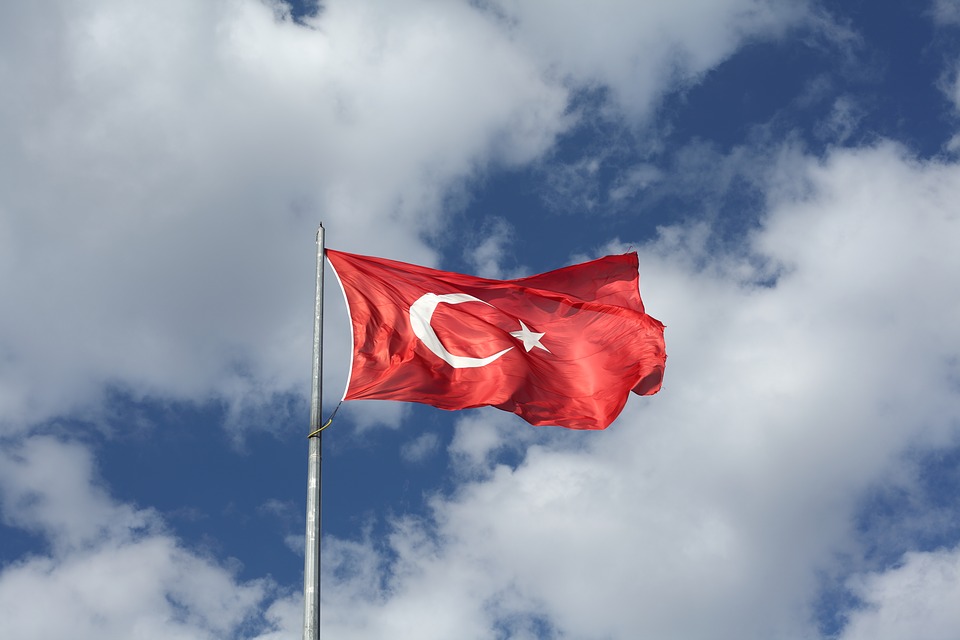Presidential Democracy à la Тurca: Unfettered Power

In a controversial referendum in April last year, the Turkish electorate narrowly voted in favour of а transition to the presidential system of government promoted by President Erdoğan. The parliamentary and presidential elections of 24 June complete the move to the new system. Turkey is officially a presidential democracy now. Critics fear autocratic government. The prime minister, Binali Yıldırım, is said to be ‘out of work’ and his residence in the old government district of Çankaya in Ankara is deserted. The following changes are to come into effect:
The President: The President who used to be a figurehead with largely ceremonial powers is now the head of government (Article 8 of the Constitution). He is – as previously – Commander-in-chief of the army but is also in charge of foreign and domestic policy now; he appoints and chairs the cabinet. In areas pertaining to the workings of the executive branch of government, the President can issue executive orders that are equivalent to statutes and that enter into force with their promulgation in the official gazette. He can also declare a state of emergency and enact statutes. This does not require the consent of Parliament. Decrees only become void if Parliament enacts a statute that explicitly overrides them. Presidential decrees must not abridge constitutional rights. From now on, the President also appoints and dismisses the Vice Presidents – the President himself decides how many Vice Presidents there are – and the ministers, as well as all senior civil servants.
Term of Office: The President is elected for a term of five years. In theory, he can only be re-elected once. However, AKP, the ruling party, has built in a loophole: If Parliament calls an early general election during the President's second term, the incumbent can run for office again. In addition, the transition to the presidential system resets the term count, meaning that Erdoğan is nominally starting his first term. In theory, he could, therefore, remain in office until 2033.
Parliament: The National Assembly has lost much of its power with the transition. The body loses the right to remove ministers from office. Parliamentary interpellations can only be addressed to Vice Presidents and ministers, not to the President, and only in writing. The President can be impeached not just on the grounds of high treason but on the grounds of any criminal offence. The bar is very high, however: instructing the judicial branch to start an inquest takes a majority of two thirds of its members.
The Ministers: Ministers can no longer be members of Parliament (Article 82), meaning they no longer have the political legitimacy that comes with having been elected to the legislature. Parliament can no longer summon ministers before the plenary; interpellations are permissible in writing only. Moreover, Parliament can no longer issue instructions to the cabinet (Article 98).
Statutes: Parliament and its individual members can still introduce, debate, and enact bills. Parliament can also overrule the President and, with an absolute majority, enact a law that the President has vetoed (Article 89). Acting together, the two largest parliamentary factions, provided they each comprise at least one fifth of the members, can petition the Constitutional Court to abrogate a statute. Parliament can enact laws overruling presidential decrees.
Elections: As on 24 June, presidential and parliamentary elections happen on the same day from now on, with President and Parliament each elected for a term of five years. Simultaneous elections increase the likelihood that the President's party will also command a majority in the Assembly.
Budget: The President sets the budget from now on—by himself and on his own advice. Parliamentary debates and votes on the budget but cannot make any amendments to it (Article 161). The President can stipulate rebates, exemptions and reductions in taxes and duties.
Criminal Prosecution: An absolute majority in Parliament is required to open a debate regarding prosecution of the President; three-fifths are required to open an inquest; two-thirds are required to subsequently charge the President before the Constitutional Court.
Constitutional Court: The President appoints twelve of the fifteen members directly and two indirectly. The President also appoints six of the thirteen members of the Supreme Board of Judges and Prosecutors (Hakimler ve Savcılar Kurulu, abbreviated HSK), which appoints judges and public prosecutors. The Council includes ex officio, the Minister of Justice and his or her State secretary, both of whom are also appointed by the President. The other members are elected by Parliament whose majority leader is the President.